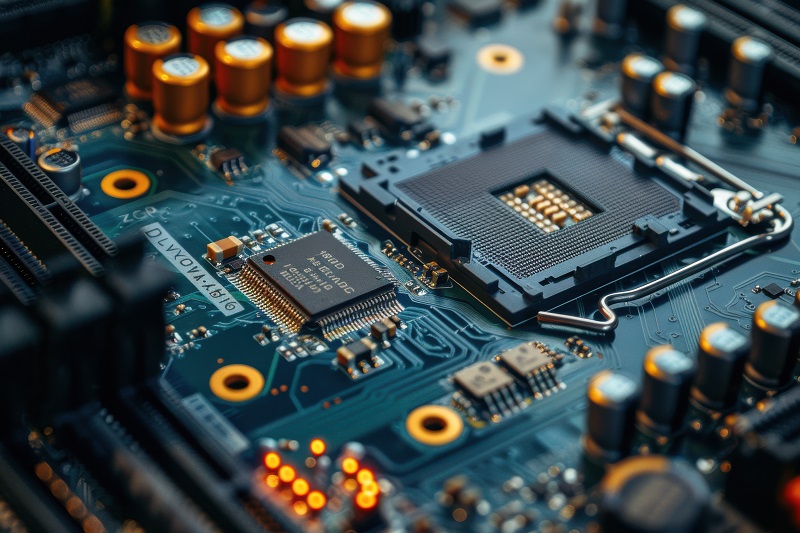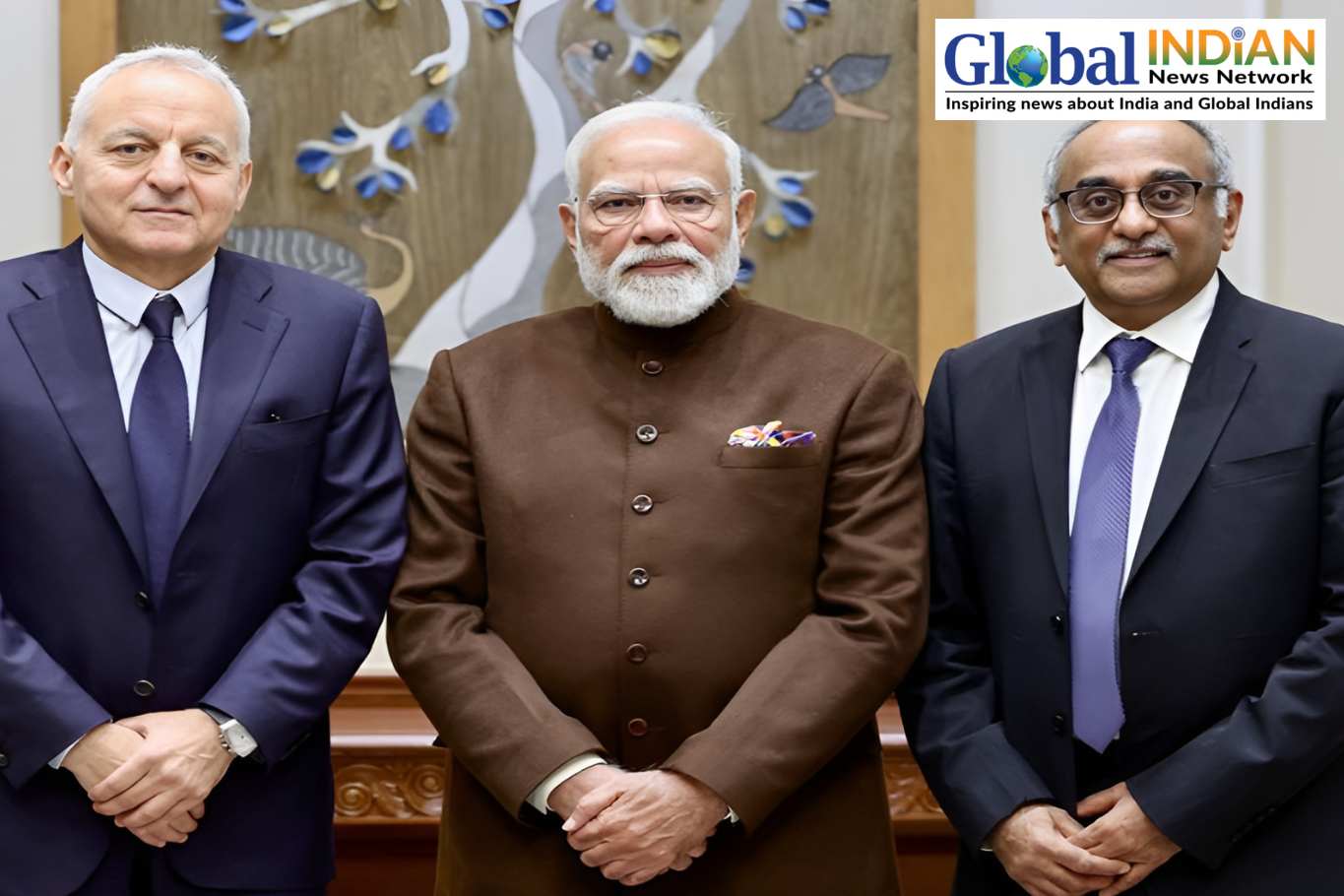
India is rapidly emerging as a central hub for semiconductor manufacturing, thanks to its growing global partnerships. S Krishnan, the Secretary of the Ministry of Electronics and IT, recently highlighted that shifting geopolitical dynamics are prompting many nations to collaborate with India to enhance the global semiconductor supply chain.
Krishnan detailed that pilot facilities operated by US-based Micron and Tata Electronics are already in production, with their main manufacturing plants in Gujarat scheduled to commence operations by late 2025. The Indian government’s strategic push to establish the country as a semiconductor powerhouse is gaining traction, buoyed by alliances with nations such as the US, UK, Japan, and Singapore.
The COVID-19 pandemic exposed significant weaknesses in the global semiconductor supply chain, affecting industries like automotive, electronics, and medical devices. This crisis prompted a strategic shift towards diversifying chip production, with India stepping into a pivotal role in these efforts.
Under the India Semiconductor Mission, the Indian government has approved projects amounting to $ 18 billion. The Adani Group’s recent announcement, in partnership with Tower Semiconductor, of an additional Rs 83,000 crore investment in a new chip plant in Maharashtra underscores this momentum.
Krishnan also noted a surge in interest within India’s semiconductor sector. The upcoming Semicon India event is set to feature over 650 booths and 250 companies, marking a fourfold increase in participation compared to previous global conferences.
With robust government support, a wealth of advanced technical talent, and a substantial market, India is strategically positioning itself as a key player in the global semiconductor industry. International companies are increasingly recognizing India’s potential not only as a production hub but also as a significant market for the sector.









